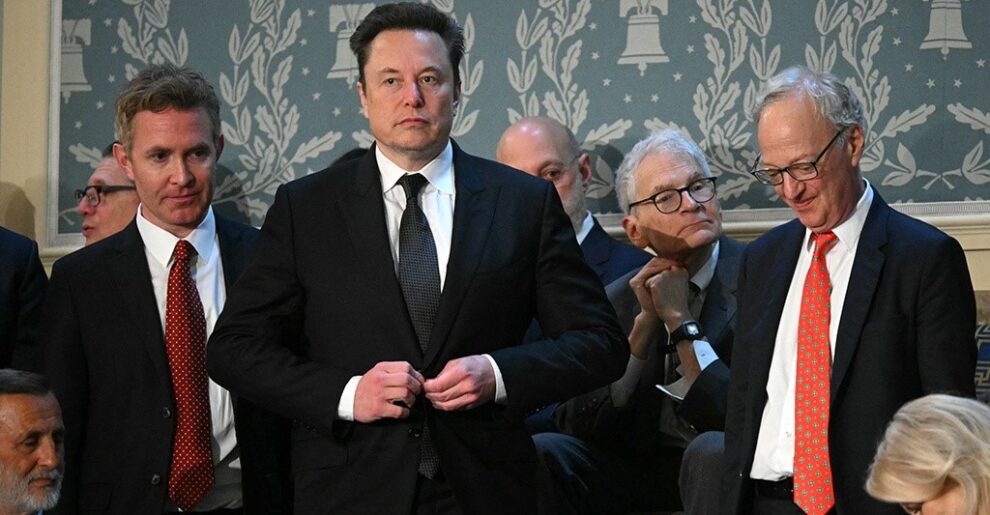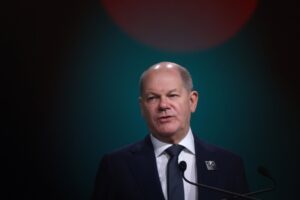Elon Musk has sparked debate by endorsing Germany’s far-right Alternative for Germany (AfD) party ahead of its national election. Writing on X, he declared, “Only the AfD can save Germany.” The AfD, known for its anti-immigrant and anti-Islam stance, is under surveillance by Germany’s domestic intelligence for suspected extremism. Musk’s support has added fuel to ongoing political discussions.
Germany faces a crucial election on February 23 after Chancellor Olaf Scholz’s center-left coalition collapsed. Scholz lost a confidence vote, a rare occurrence in Germany’s post-World War II history. His Social Democratic Party (SDP) had been part of a strained coalition with the pro-market Free Democrats and the Green Party, which ultimately unraveled over policy disputes.
The AfD has grown significantly since its founding in 2013 as an anti-euro movement. It has shifted focus to immigration and Islam, gaining particular support in the economically struggling former East Germany. In September, it made history by winning a state election in Thuringia, the first such victory for a far-right party since the Nazi era.
Despite its rising popularity, the AfD remains shunned by Germany’s mainstream parties, which refuse to form coalitions with it. However, recent polls place the party in second position nationally, raising concerns about its potential to disrupt traditional political alignments. Its rise highlights deep divides within Germany’s electorate.
Musk’s endorsement adds to his history of controversial political statements. He has criticized Germany’s immigration policies and clashed with global leaders over issues ranging from migration to governance. His involvement in Germany’s political discourse underscores his growing influence—and divisiveness—on the world stage.









